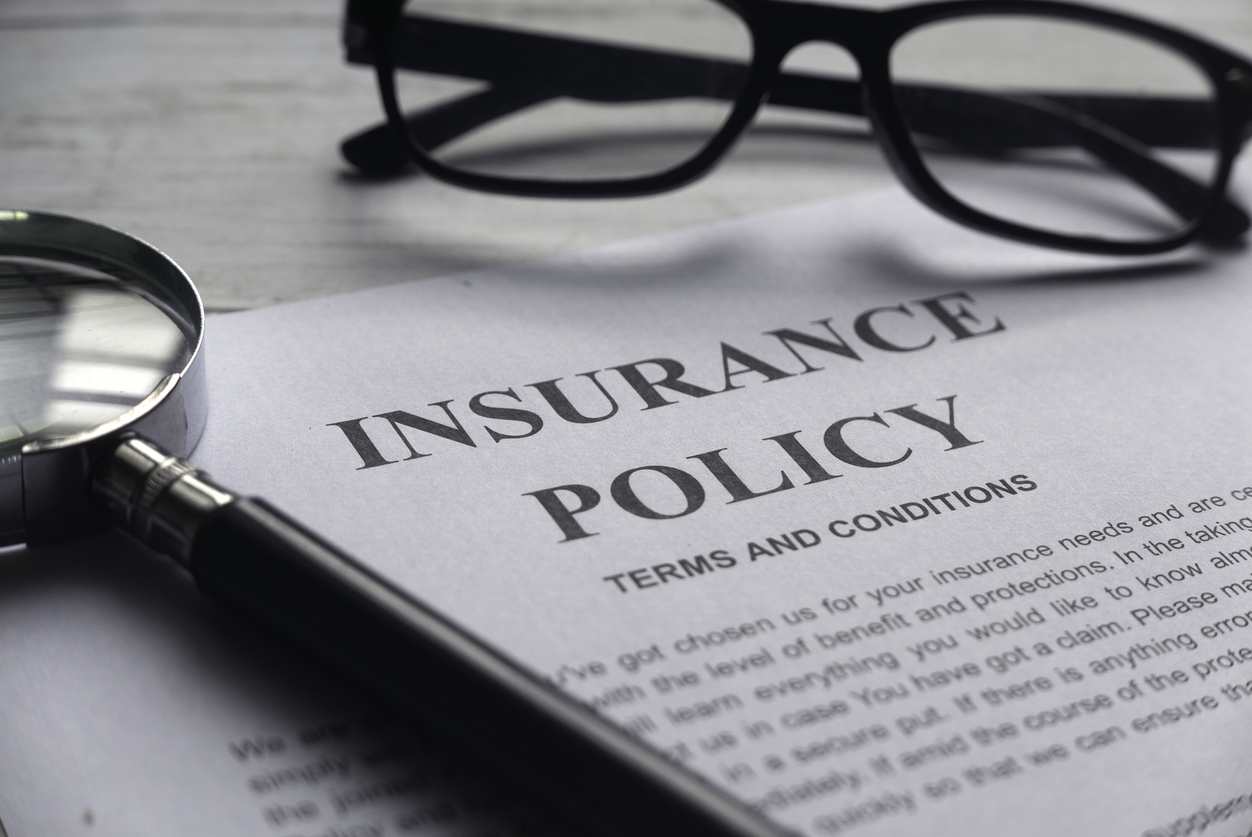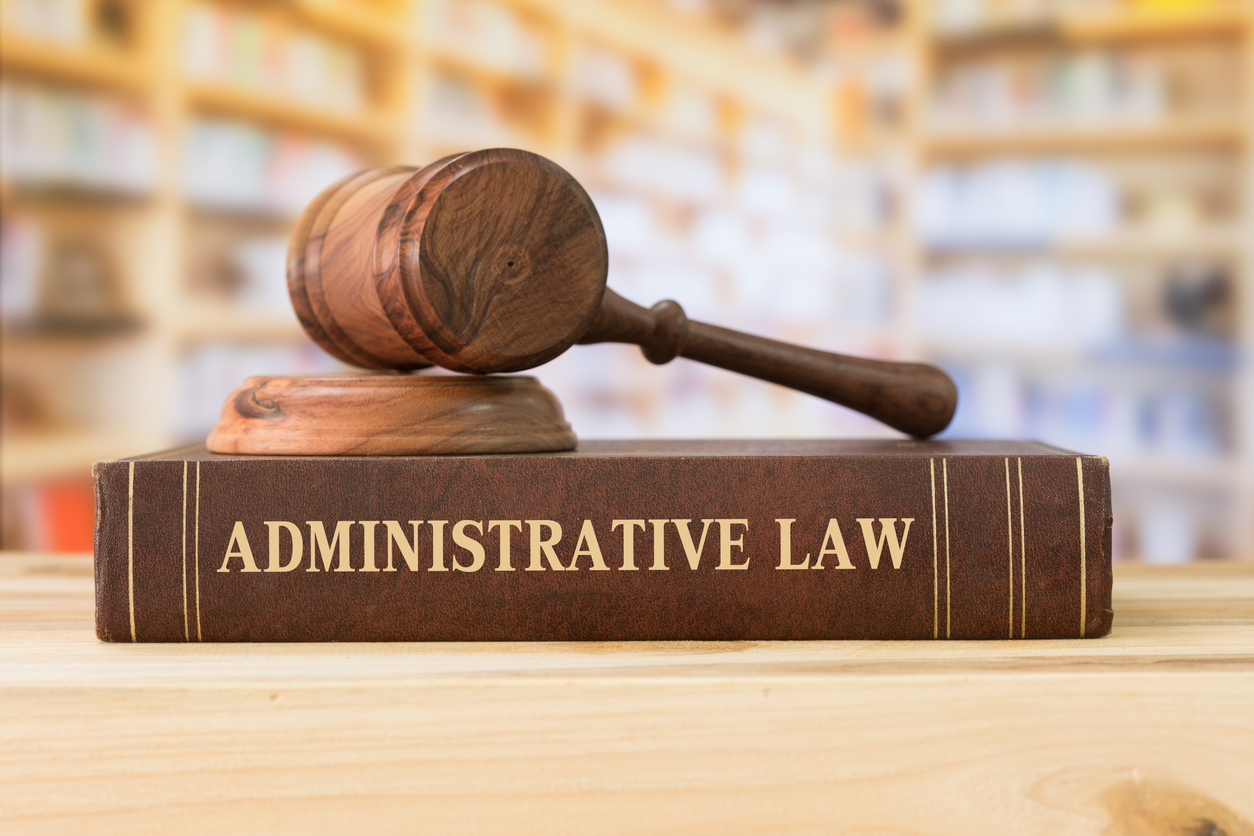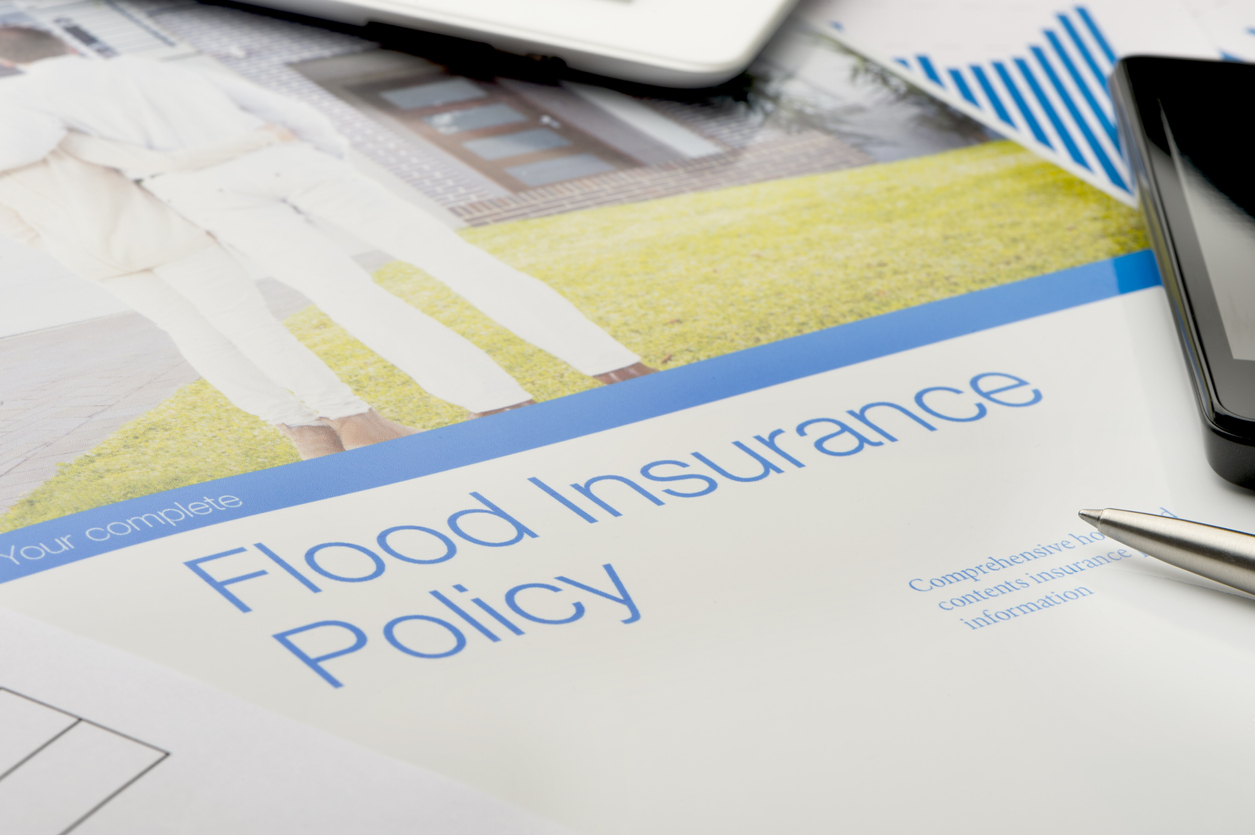Hurricane Ida claims in Louisiana are underway. Following Hurricane Laura, a number of Louisiana public adjusters complained about many insurance companies not speaking with them and simply ignoring their own policyholder customers. All adjuster and claims managers should read and follow a February 26, 2021, Bulletin1 from Louisiana’s insurance commissioner about what is expected of them regarding good faith claims handling and working cooperatively to help Louisiana policyholders.
The first issue in the bulletin is common throughout the country—some insurance companies refuse to provide a copy of the insurance policy following a loss. From my experience, virtually all insurance companies provide a copy of the policy to me. If I were a public adjuster or policyholder, maybe the result would be different. When I have reviewed denials of policy copies to public adjusters and policyholders, the insurers objected as if the request was for a trade secret or something they cannot afford to turn over. The Bulletin noted:
It has been brought to my attention that some insurers are resisting requests from policyholders to obtain a complete copy of their policy. Insurers are reminded that La. R.S. 22:41 entitles a policyholder to receive a duplicate or replacement copy of their complete policy. To that end, insurers should make efforts to expeditiously comply with any policyholder requests for copies of their policy.
The second issue deals with nuances discussed in my blog, Warning! Public Adjusters Thinking of Working in Louisiana Should First Read the Case of Earl Carr. There, we noted the prohibitions of actions public adjusters can engage in Louisiana:
[The] permanent injunction prohibited Carr from: (1) entering into fee agreements with clients that provide for payments to Carr that are contingent upon and calculated as a percentage of the amount paid on the clients’ insurance claims; (2) advising or counseling clients in a manner that constitutes the unauthorized practice of law, including giving advice on the terms of insurance policies, rights, limitations, coverage, liabilities, establishing and/or enforcing legal remedies, or law; (3) having any direct contact with its clients’ insurers to settle its clients’ claims against the insurers by negotiating with the insurers regarding legal aspects of its clients’ insurance policies and claims, acting on behalf of its clients to prevent a wrong or establish a right, and negotiating with its clients’ insurers over the monetary value of its clients’ claims; and (4) instructing insurance companies to send checks directly to Carr and made payable to Carr along with Carr’s clients.
So, after Hurricane Laura, some insurance companies not only refused to negotiate claims with public insurance adjusters, insurers also penalized policyholders who hired public adjusters by refusing to communicate with them. The Bulletin calls out these wrongful claims practices:
It has also been brought to my attention that some insurers are refusing to communicate with their policyholders if the policyholder has hired a public adjuster. This is not allowed. Insurers must always maintain an open line of communication with their policyholders, and the presence of a public adjuster is irrelevant to that obligation.
Insurers are reminded that public adjusters are prohibited from rendering legal advice to the insured, including legal advice regarding policy provisions or coverage issues1, and otherwise engaging in the unauthorized practice of law.
Insurers should be cognizant that public adjusters are very different from attorneys when retained to assist a policyholder. Their involvement does not import the type of attorney-client relationship that would impede direct communications by an insurer with their policyholder. Insurers are not relieved of their obligations to communicate with their policyholder because of the involvement of a public adjuster.
I have been very careful to warn public adjusters that any insurance adjuster or insurance company claims representative, including insurance company attorneys, could report them to the Louisiana Department of Insurance and the Louisiana Bar if they are negotiating a claim for the policyholders. At the same time, insurers are not relieved of adjusting and settling claims where public adjusters were retained. Public adjusters should be aware that the practice of law is currently defined much broader in Louisiana than other states. The Bulletin expressly warns of this without saying precisely what actions constitute the practice of law.
Proofs of loss were also addressed in the Bulletin:
Proof of loss deadlines are common in property and casualty insurance policies but vary in their duration. The Louisiana Insurance Code protects consumers impacted by catastrophic events by extending the policy-specific deadline for filing a proof of loss to not less than 180 days from the date of the loss. This time limit does not commence as long as a declaration of emergency is in existence and civil authorities are denying the insured access to the property.
This statutory extension of the proof of loss deadline does not relieve insureds of their obligation to cooperate with their insurer and to continue advancing their claim by providing documentation requested by the insurer. By the same token, the insurer is not relieved of its good faith obligation to continue working with the insured in evaluating claims beyond the proof of loss deadline, particularly in light of the shortage of contractors and the delays experienced by many insureds in obtaining damage estimates for their property.
To accomplish these efforts, insurers are encouraged to work with their policyholders, as I requested in Bulletin 2021-02. Louisiana policyholders have faced, and continue to face, unprecedented challenges in the recovery process. Not only were these policyholders impacted by multiple hurricanes, but they were already dealing with the challenges of COVID-19 and then recently suffered greatly from the recent winter storm.
Finally, the Insurance Commissioner reminded that the welfare of policyholders is paramount, and adjustment should be made so that litigation is not required:
Insurers are reminded that they must attempt, in good faith, to effectuate prompt, fair, and equitable settlements of claims and that they owe their insureds a duty of good faith and fair dealing.
Insurer reasonableness, as outlined above, is necessary not only to protect the general welfare of policyholders, but also to avoid needless future litigation as the parties work together to resolve these claims.
For those involved with Hurricane Ida claims, I would suggest you read Monday’s post, New Louisiana Property Insurance Law Impacts Hurricane Ida Claims.
Thought For The Day
Anyone can take the wheel of the ship in calm water but it’s not so easy when it’s not calm water. You can’t just enjoy the good times, you have to be resilient in the tough times.
—Sean Dyche
________________________________________
1 Good Faith Claim Settlement Practices and Policyholder Service Obligations Bulletin 2021-03. Louisiana Department of Insurance. February 26, 2021.



